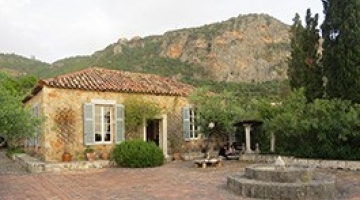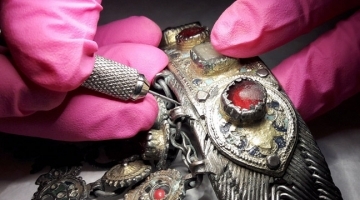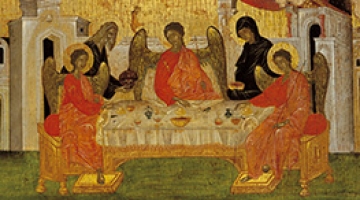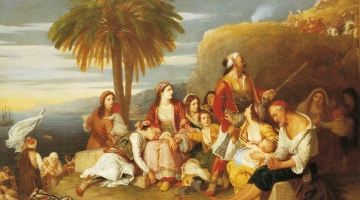- EN English
- Login
-
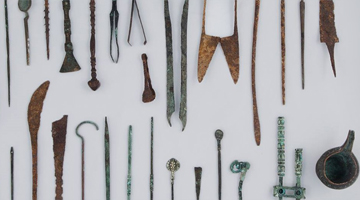 EXHIBITION
EXHIBITION
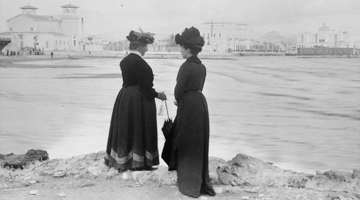 GUIDED TOURS
GUIDED TOURS
She spent her childhood and teenage years in Alexandria, frequently visiting Greece and other countries. Although raised in affluent urban surroundings and offered every opportunity to cultivate her intellect, she was subjected to a very strict upbringing at the hands of her mother. This led her to develop a particularly fragile personality, and on more than one occasion she contemplated death as the only option open to her.
Her marriage to the businessman Stephanos Delta in 1895 represented both a departure from the Benaki family environment, and the start of her journey to intellectual and literary maturity. Penelope and Stephanos Delta had three daughters, Sophia, Virginia and Alexandra, who were raised by their mother in an exemplary fashion.
Penelope Delta's innate literary talent had been evident since childhood. Her contribution to literature decisively influenced the evolution of the children's book in a period when it was otherwise neglected. Inspired principally by Greek historical events, her books were read by generations of children, and continue to be relevant to the present day. "The Nameless Story", "In the days of the Bulgarslayer", "The Secrets of the Swamp", "The Mangas", and the most beloved of all, "Crazy Antonis", a story about her brother Antonis Benakis, remain indelibly etched in the Greek collective memory. Penelope Delta was elected to several learned associations and societies, and contributed in countless ways to the advancement of literature and culture.
Her contribution to the collection of oral testimonies about contemporary Greek history is generally acknowledged to be of great importance. Starting out by recording the memoirs of veterans of the Macedonian struggle--all of which represent valuable sources of historical information today--she proceeded to gather oral narratives about the most important political and military events of her time. Her family's prominent role in society and her own sensitivity about national issues meant that she was personally involved in the some of the most difficult periods in Greek history. For instance, in 1918 she took part in two missions to Eastern Macedonia aimed at assisting hostages returning from captivity in Bulgaria. She revealed the same patriotic tendencies in the aftermath of the catastrophe in Asia Minor in 1922 and in the Greco-Italian War of 1940.
The German invasion of Greece affected her deeply and prompted her to take her own life in April 1941, on the very day the Nazi armies entered Athens.
Chief Executive Officer
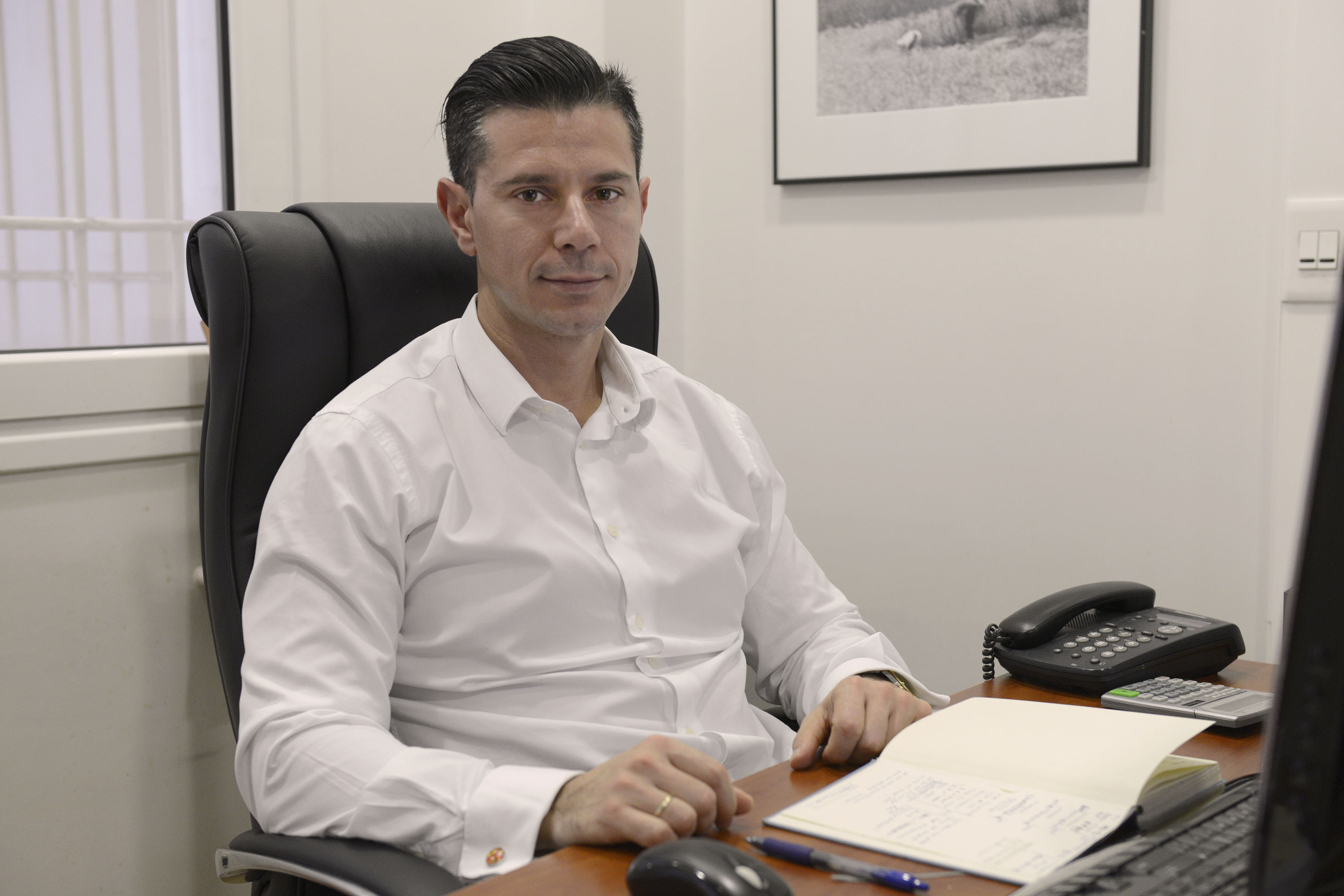 |
Haris Siampanis (b. 1982) is the Chief Executive Officer since October 1st 2018. Before assuming this post, he occupied the position of Chief Financial and Operating Officer from May 2012 to September 30th 2018. He was also a member of the Museum’s Executive Committee since its establishment in October 2016. He has been and continues to be responsible for all financial activities of the Museum, aiming at safeguarding the Museum’s short and long term financial sustainability. Before joining the foundation, he worked as a Management Consultant at Boston Consulting Group, a multinational corporation. In this capacity, he participated in various projects both in Greece and abroad, with particular focus on financial restructuring, mergers and acquisitions and strategic corporate planning. He studied Chemical Engineering at the National Technical University of Athens and completed his graduate studies with full scholarship from Tufts University in Boston. He is also a Harvard Business School graduate and a certified executive specialized on negotiations and strategic decision making. |
Academic Director
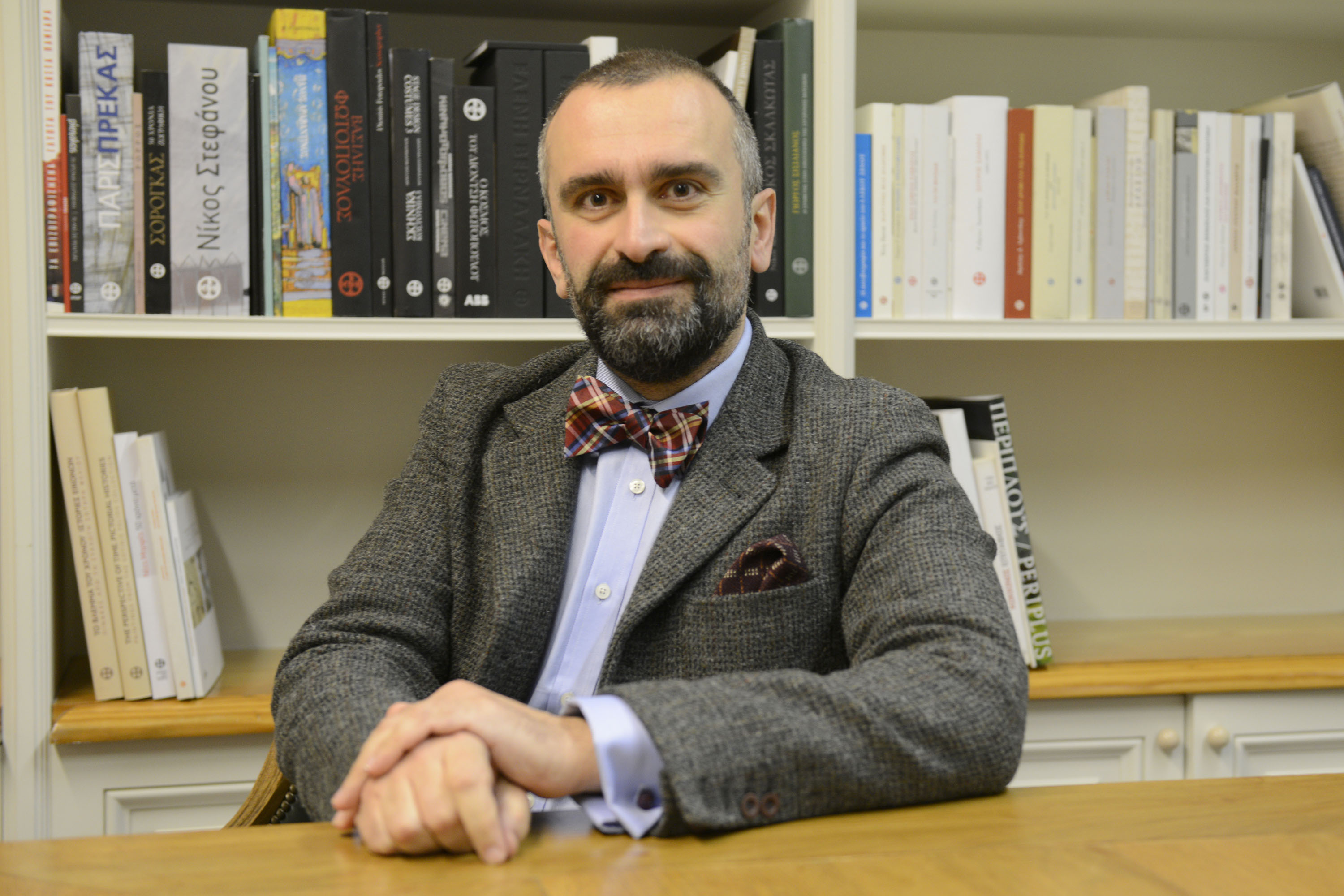 |
George Manginis (b. 1971) studied archaeology and history of art at the University of Athens and at SOAS / University of London, where he was awarded a PhD on the history of Mount Sinai, Egypt; he was supported in his studies by scholarships from the Greek Archaeological Committee UK, the A.G. Leventis Foundation and the Wingate Foundation. Since 2001 he has been teaching history of Byzantine art (SOAS), of Islamic art (SOAS, Courtauld Institute, University of Edinburgh, Institute of Ismaili Studies, The Aga Khan University, British Museum, Victoria and Albert Museum, Museum of Islamic Art in Qatar) and of Chinese art (Benaki Museum, SOAS). He is honorary fellow at the University of Edinburgh. He has participated in archaeological excavations in Greece, Cyprus and the Sinai peninsula in Egypt. He has worked in the Hellenic Children’s Museum as collections manager and director of resource centre, in the Greek Orthodox Cathedral of Saint Sophia, London as archivist and curator, in the Archaeological Museum of Ioannina as exhibition text supervisor and in various United Kingdom museums as development consultant. In 2013 he was a Stanley J. Seeger Fellow at Princeton University. He has published scholarly articles on Cypriot prehistory, Islamic art and architecture, Sinai studies, Chinese ceramics, and the Greek and Armenian diasporas. In 2016 he published two books: Mount Sinai: A History of Travellers and Pilgrims (London) and China Rediscovered: The Benaki Museum Collection of Chinese Ceramics (Athens and London). |
Director of Fundraising and Development
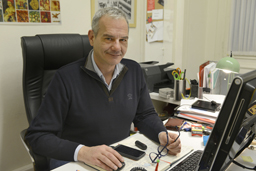 |
Nikos Trivoulidis (b. 1965) joined the Benaki Museum in December 2013 in charge of the recently established Department of Fundraising and Development. In October 2018, during a wider organizational and managerial reshuffle, he was appointed Director of Fundraising and Development. He studied Communication at Hunter College, City University of New York, and continued his graduate studies at the University of Oklahoma (1984-1994). Upon return to Greece he worked as Label Manager in the record companies ‘LYRA- General Publishing Company’, ‘Musurgia Graeca’ and Manos Hadjidakis’s SIRIUS. He also served as Director of International Relations of the Hellenic Public Radio and a music and as radio producer. Between 2005 and 2013 he served in a number of managerial and directorial positions at SKAI Media Group, including Director of Publishing, Marketing, New Revenue Streams and Commercial Sponsorships. As Director of Development he is responsible for the maintenance of existing and the creation of new revenue streams that are both vital for the sustainability and suited to the mission of the Institution. |
Page 2 of 2
